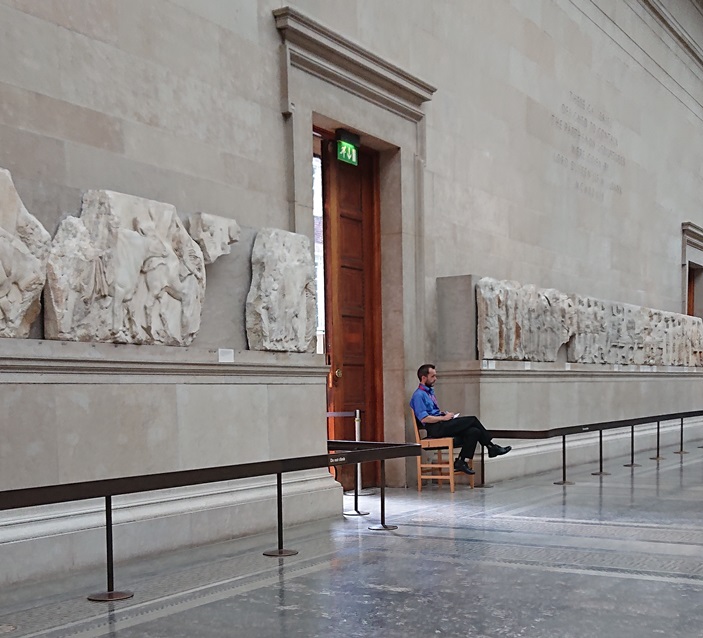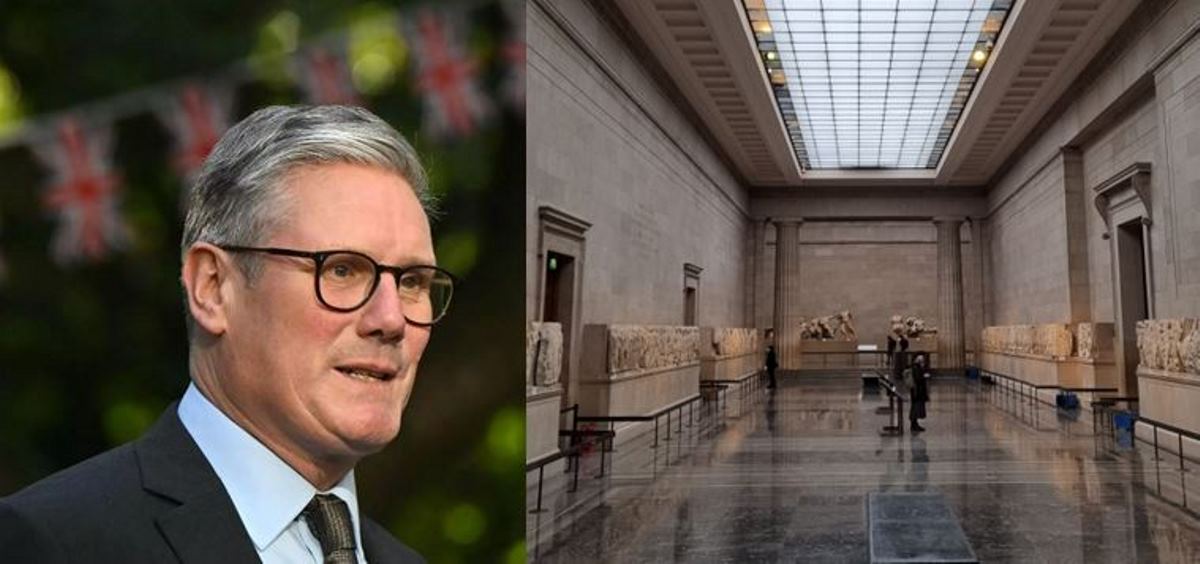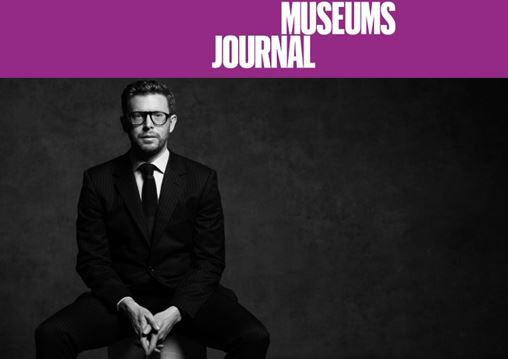A precious fragment of the Parthenon frieze has returned to Athens after decades in Italy, escorted by Italian President Giorgio Napolitano, in a move intended to usher in an era of closer cultural relations. Napolitano arrived in Athens on Tuesday, where he was greeted by his Greek counterpart Karolos Papoulias, ahead of a busy schedule that will see him inaugurating two important shows.
A major art exhibition on Titian is opening in the Museum of Cycladic Arts, while the much talked-about New Acropolis Museum next to the Parthenon is hosting an expanded version of an Italian show devoted to the recovery of plundered artefacts. The Parthenon fragment, carved by the Greek sculptor and architect Phidias, will be part of the second event, entitled Nostoi (Ancient Greek for ''homecoming'').
The exhibit, the first in the New Acropolis Museum since building work finished, has just wrapped up a hugely popular run in Rome and is expected to draw similar crowds in Athens. Although the focus of the exhibit is artworks and artefacts recovered by Rome from US museums, many of these date from a period in which southern Italy was colonized by Ancient Greece and are therefore also of relevance to Greek history. In addition to the 74 Italian pieces, Nostoi will also feature ten artefacts returned to Greece, among which the 33cm x 35cm frieze fragment. The scrap of marble was once part of the left side of the sculpted Parthenon frieze from the temple of Athena, which was stripped of much of its decoration during the 19th century.
While the majority of it was carted off to London by Lord Thomas Bruce Elgin who was serving as British Ambassador in Greece, this particular fragment ended up in a Palermo museum in the 1800s after being purchased from the widow of the British Consul for Sicily, Robert Fagan.
Depicting the foot and dress hem of Artemis, the fragment was part of a much larger scene portraying the Greek goddess of hunting and wisdom alongside Poseidon, Apollo and Aphrodite.
LOAN MARKS NEW TURN IN RELATIONS.
The fragment, which the Salinas Archaeological Museum in Palermo has loaned to Athens until the end of the year, has been at the centre of talks between Italian and Greek authorities for years. It was originally scheduled to return as a long-term loan in exchange for an Italian artefact in 2003 but the agreement fell by the wayside after squabbles over its safe transport.
A second deal in 2006 also failed to produce results.
Although the return of the fragment is currently temporary, authorities from both countries say it indicates a new openness and willingness to cooperate on cultural matters, and there have been suggestions the loan could become permanent. Welcoming the Italian president to his residence, Papoulias said Greece ''deeply appreciated'' the gesture, which was a first step in his country's efforts to recover all the Parthenon marbles. The two leaders will lunch together at the presidential palace on Wednesday, after opening Nostoi in the morning and ahead of the Titian show's inauguration in the afternoon.
Greece has been calling for the return of the Parthenon marbles since 1981 but with minimal success. The majority of pieces are in the UK although France, Germany and Italy also have a share.





Comments powered by CComment